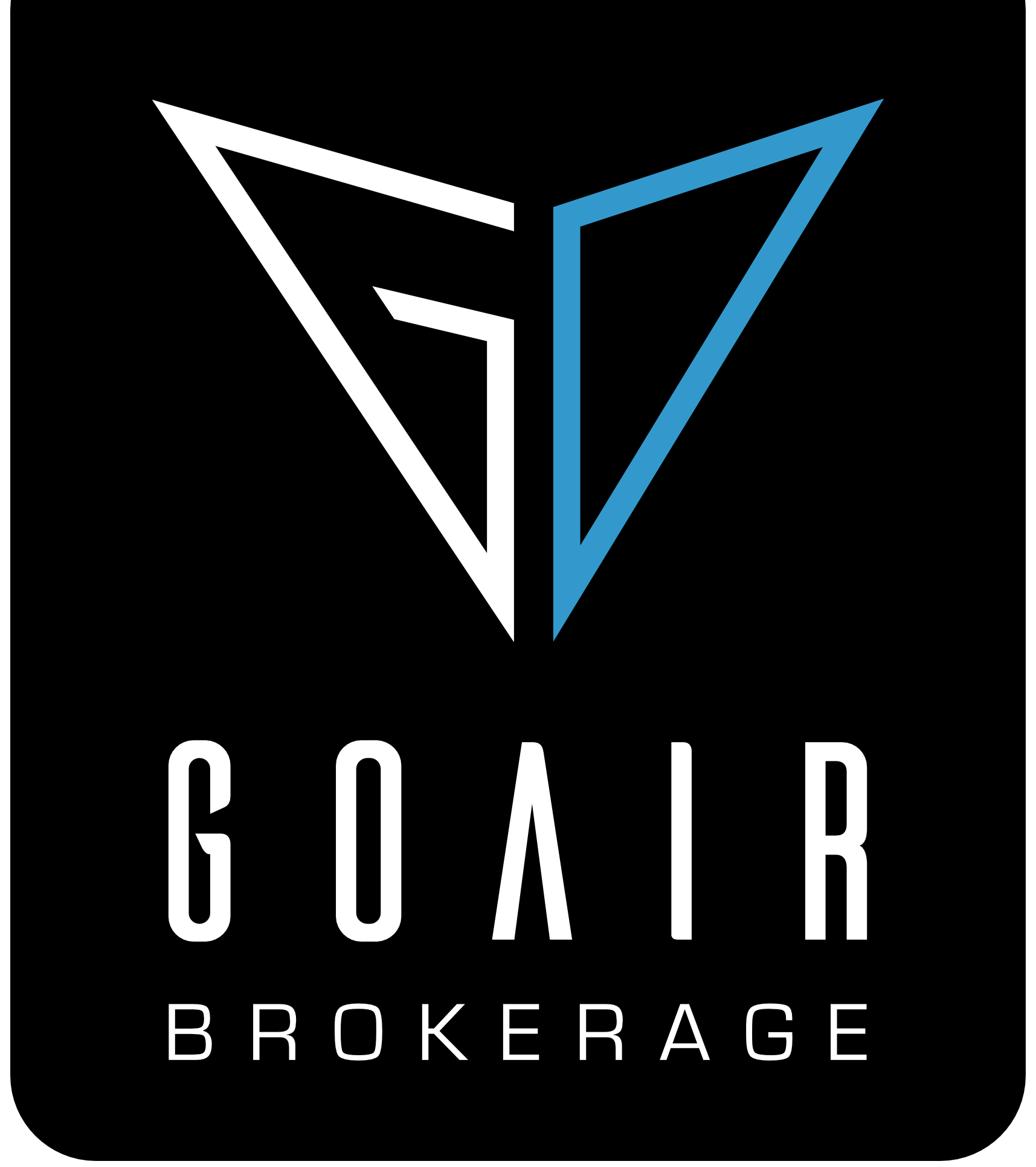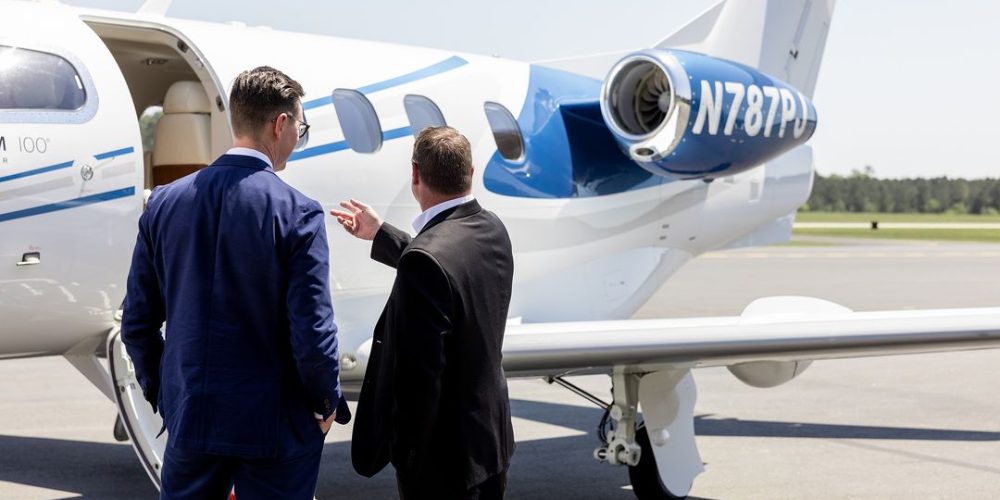When you consider the magnitude of this decision, it’s easy to feel a mix of excitement and apprehension. After all, we’re talking about a purchase that could transform your operations—boosting efficiency, opening up new opportunities, and potentially reshaping how you do business. But here’s the catch: choosing the right aircraft isn’t just about going for the flashiest model. It’s a calculated move that requires thorough research, strategic planning, and a clear understanding of your needs. What if the aircraft you choose could become your business’s greatest asset—or its most expensive headache? That’s the reality of buying commercial aircraft for sale, and that’s why understanding the key considerations is crucial. Whether you’re an experienced industry professional or someone new to the aviation game, this guide will demystify the complexities, giving you the insights you need to make an informed and strategic decision.
Defining Your Needs And Purpose
The first step in buying a commercial aircraft is to clearly define your operational requirements. What will the aircraft be used for? Are you transporting passengers, carrying cargo, or offering regional shuttle services? Understanding your primary purpose will guide your decision-making.
Passenger Capacity and Cargo Space are also critical factors. If you’re operating a commercial airline, you’ll need to decide on the number of passengers you plan to carry and the space required for luggage and cargo. For cargo operators, maximizing storage efficiency is key.
Range and Fuel Efficiency are next on the list. Evaluate how far your aircraft needs to travel on a single tank of fuel. If your business involves long-haul flights, you’ll need an aircraft with an extended range. Keep in mind that fuel efficiency will directly affect your operating costs, so choose wisely.
Finally, consider the Frequency of Use. If the aircraft will be used daily or for high-volume operations, buying may be more cost-effective than leasing. However, for occasional use, leasing might be a better financial decision.
Budget And Financing Options
Budget planning is crucial. The initial costs of purchasing a commercial aircraft include the down payment, financing terms, and associated fees. However, the expenses don’t stop there. Operating expenses such as fuel, crew salaries, maintenance, insurance, and airport fees can quickly add up. Make sure to estimate these ongoing costs to avoid surprises later on.
Another key factor is depreciation and resale value. Aircraft depreciate over time, but some models hold their value better than others. Research the aircraft’s expected resale value, as this will impact your long-term financial investment.
When it comes to financing options, there are various routes you can take. From traditional loans to specialized aviation financing, it’s essential to find a solution that works for your business. Some financial institutions even offer customized leasing options, which might be more beneficial depending on your circumstances.
New vs. Pre-Owned Commercial Aircraft
One of the most important decisions you’ll make is whether to buy a new or pre-owned aircraft. New aircraft come with the latest technology, advanced safety features, and manufacturer warranties. However, the higher upfront cost can be a deterrent.
Pre-owned aircraft, on the other hand, offer significant cost savings. They’re often more affordable and can be acquired more quickly. That said, buying used requires more due diligence. You’ll need to conduct thorough inspections and be prepared for potential refurbishment costs.
Evaluating the age of an aircraft is crucial. Older models may require more maintenance and could have higher fuel consumption, but they also might be cheaper upfront. Understanding current market trends can give you an edge in making the right choice. For example, certain models may be in higher demand, affecting their availability and pricing.
Conducting A Thorough Aircraft Inspection
Never skip a detailed inspection. Hiring aviation experts to assess the condition of the aircraft is essential. Certified inspectors can evaluate key components like the airframe, engines, avionics, and interior.
Create an inspection checklist. Check for signs of wear and tear, corrosion, and the state of the landing gear. Reviewing maintenance and repair records can reveal any past issues or recurring problems that could be costly down the road.
A test flight is also a must. It provides a real-world assessment of the aircraft’s performance, handling, and comfort. This step will help you confirm whether the aircraft meets your operational needs.
Regulatory And Legal Considerations
Exploring the regulatory landscape is one of the trickiest parts of buying a commercial aircraft. Ensure the aircraft complies with all aviation regulations and certifications. The FAA and other international aviation authorities have strict standards that must be met.
You’ll also need to handle registration and documentation. This includes transferring ownership, updating aircraft registration, and ensuring all necessary certificates are in place. Don’t overlook insurance requirements. Commercial aircraft require comprehensive coverage, which can be a significant cost.
Lastly, stay updated on future regulation changes. Aviation laws evolve, and being proactive can save you from compliance headaches in the future.
Customization And Refurbishment Options
If you’re buying a pre-owned aircraft, you may want to consider customization and refurbishment. Modifying the interior can make the aircraft more suitable for your needs, whether that means upgrading seating arrangements or adding cargo space.
Avionics upgrades can enhance performance and improve safety. Many older aircraft can benefit from modern avionics systems, which make navigation and communication more efficient.
You may also want to invest in exterior branding. Custom paint jobs and branding can align the aircraft with your company’s image. Be sure to account for refurbishment costs in your budget, as they can add up quickly.
Working With A Trusted Aircraft Broker
Buying a commercial aircraft is complex, and working with a broker can make the process smoother. A broker offers expert guidance, helping you navigate the intricacies of aircraft acquisition. They have access to exclusive listings, giving you a wider selection of aircraft that you may not find on public platforms.
Brokers also assist with inspection and negotiation. They can arrange for thorough inspections and help negotiate the best terms for your deal. Plus, they handle all the legal paperwork and regulatory requirements, ensuring a seamless transaction.
Post-purchase, brokers can offer additional support, like delivery logistics and crew training, making the transition as smooth as possible.
Experience The Difference With Trusted Aircraft Experts
Buying a commercial aircraft is a significant investment that requires careful planning and expert knowledge. By understanding your operational needs, budgeting wisely, and conducting thorough inspections, you can make a well-informed decision that supports your business goals. Remember, working with experienced professionals can simplify the process and provide peace of mind.
At GO Air Brokerage, we specialize in guiding businesses through the complexities of commercial aircraft purchases. Our team of aviation experts ensures a seamless experience, from helping you choose the right aircraft to finalizing the delivery. If you’re ready to invest in an aircraft that will elevate your business, we’re here to help. Ready to make your next aviation investment? Visit us to browse our inventory, consult with our experts, and take the first step toward owning a commercial aircraft with confidence.

